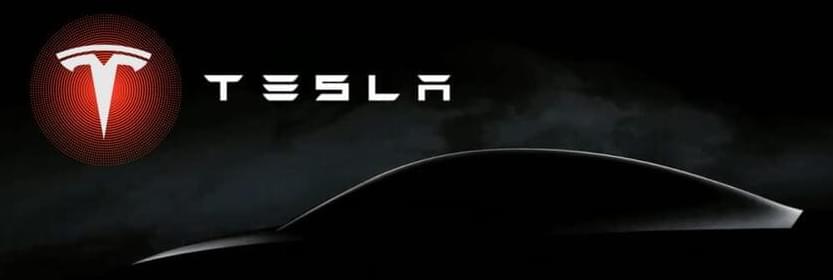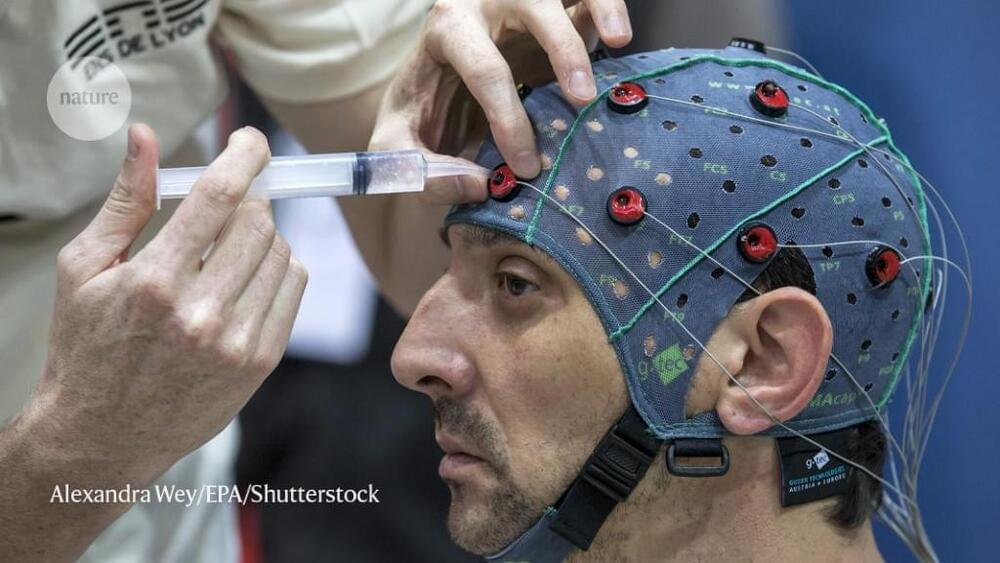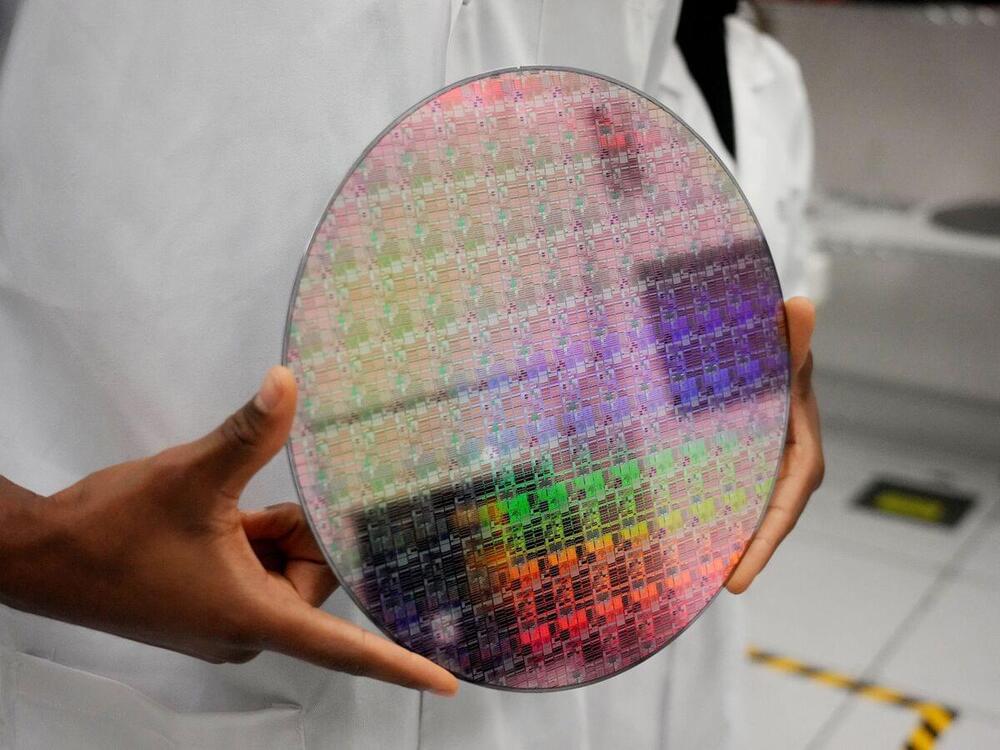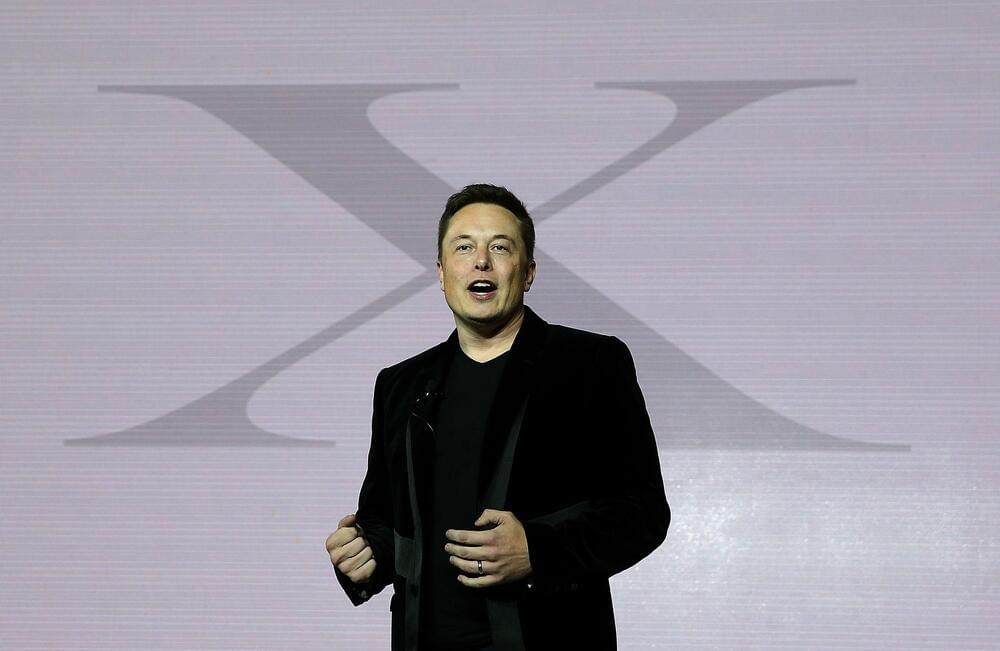Jul 25, 2023
Tesla to discuss factory plan for new $24,000 mass market EV
Posted by Kelvin Dafiaghor in categories: Elon Musk, government, sustainability, transportation
According to a person with direct knowledge of the matter, representatives from Tesla are planning to meet India’s commerce minister this month to discuss the possibility of constructing a factory for producing an all-new $24,000 electric car. Tesla has expressed interest in manufacturing low-cost electric vehicles for both the local Indian market and exports. This meeting would mark the most significant discussions between Tesla and the Indian government since Elon Musk’s meeting with Prime Minister Narendra Modi in June, where he expressed his intention to make a substantial investment in the country.


















